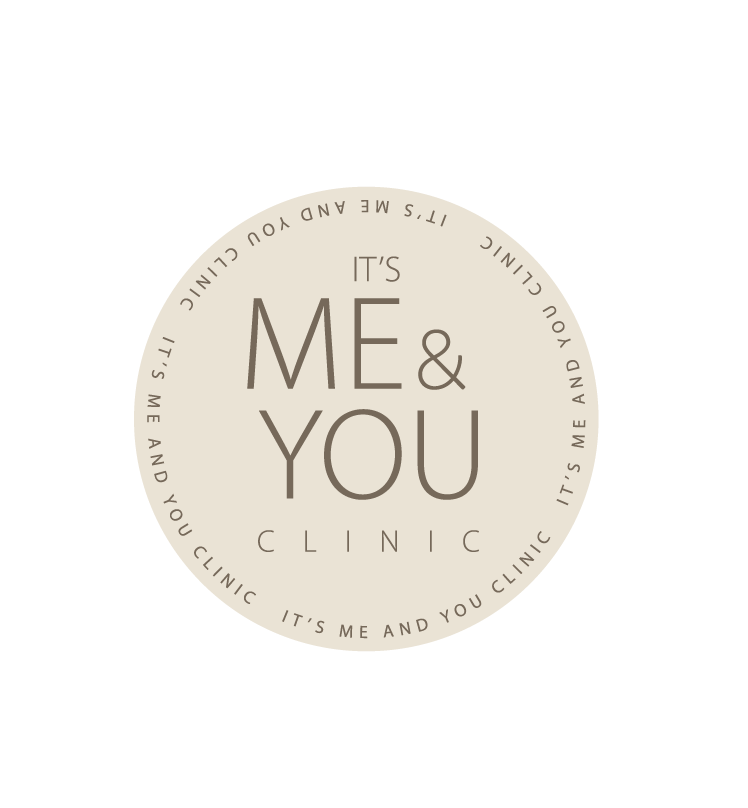Dermal fillers have revolutionized the world of cosmetic enhancement, particularly in lip augmentation. Understanding the lifespan of these fillers is crucial for anyone considering the procedure. Factors like filler type, individual metabolism, and maintenance play pivotal roles in determining how long the enhancement lasts. In this comprehensive guide, we delve into the intricacies of dermal fillers for lips, exploring the diverse types available, their expected durations, factors influencing their longevity, and expert-backed aftercare strategies to ensure prolonged and satisfactory results.
Understanding Dermal Fillers for Lips
Dermal fillers used for lip augmentation primarily fall into two categories: temporary and semi-permanent. Temporary fillers, such as hyaluronic acid-based ones (like Juvederm or Restylane), are widely used for their safety and reversible nature. These typically last between 6 to 12 months before gradually metabolizing within the body. On the other hand, semi-permanent fillers, like calcium hydroxylapatite or poly-L-lactic acid, have longer-lasting effects, extending up to 18 months or more.
What Happens During Dermal Filler Treatment?
During a dermal filler treatment, several steps are involved to achieve the desired enhancement in the lips or other areas of the face:
Consultation and Assessment
Initial Discussion
The process typically begins with a consultation where you discuss your goals and expectations with the practitioner.
Assessment
The practitioner evaluates your facial structure, skin condition, and discusses the most suitable filler type, quantity, and injection sites to achieve the desired outcome.
Preparing for the Procedure
Preparation
Before the procedure, the area might be cleaned and numbed with a topical anesthetic to minimize discomfort during injections.
Marking Injection Points
The practitioner might mark specific points on your lips or face to guide the injection process.
Injection Process
Injection Technique
Using a fine needle or cannula, the practitioner administers the filler into predetermined areas. They might use a series of small injections to achieve the desired enhancement gradually.
Monitoring and Adjustments
Throughout the procedure, the practitioner might pause to assess the progress and make adjustments to ensure symmetry and the desired shape.
Factors Affecting Longevity
Several variables influence how long dermal fillers last in the lips:
Type of Filler
Each filler type has its unique properties, affecting its durability.
Metabolism and Body Chemistry
Individual metabolic rates and body chemistry can impact how quickly the filler breaks down.
Injection Technique
Skillful application by an experienced professional can extend the lifespan of fillers.
Lifestyle and Habits
Factors like smoking, excessive sun exposure, and certain medications can affect filler longevity.
Who Can Get Lip Fillers
Lip fillers are a popular cosmetic procedure that can enhance the size, shape, and definition of the lips. Generally, lip filler treatments are suitable for adults who are in good overall health and have realistic expectations about the outcome of the procedure. However, specific considerations apply to different groups:
Adults Seeking Enhancement
Adults
Individuals over the age of 18 are typically eligible for lip filler treatments. However, the legal age for cosmetic procedures might vary by country or region.
Considerations for Candidates
Good Health
Candidates should be in good physical health and not have any existing medical conditions that could interfere with the procedure or healing process.
Realistic Expectations
Having realistic expectations about the outcome of the treatment is crucial. A consultation with a qualified practitioner helps set appropriate expectations.
Special Considerations
Pregnancy and Nursing
It’s generally advised to avoid cosmetic procedures, including lip fillers, during pregnancy and while breastfeeding due to potential risks.
Allergies and Sensitivities
Individuals with known allergies to ingredients in fillers or a history of severe allergic reactions might not be suitable candidates.
Medical Conditions
Some medical conditions or medications could impact candidacy. Discussing your medical history with the practitioner is essential.
Who Should Avoid Lip Fillers?
Minors
Individuals below the legal age for cosmetic procedures might not be eligible without parental consent, depending on local regulations.
Certain Health Conditions
Individuals with specific health conditions or taking medications that could interfere with the procedure might be advised against getting lip fillers.
Managing Longevity: Aftercare Tips
Maximizing the duration of lip fillers involves diligent aftercare:
Follow-Up Sessions
Scheduled touch-ups can maintain the desired lip enhancement.
Healthy Lifestyle
A balanced diet, hydration, and avoiding habits like smoking can extend the life of fillers.
Sun Protection
UV exposure can break down fillers faster, so using sunscreen is essential.
Expert Consultation
Regular visits to your practitioner help monitor the filler’s condition and plan for touch-ups if needed.
How Often Should You Top Dermal Lip Fillers Up?
The frequency of topping up or getting touch-up treatments for dermal lip fillers varies from person to person based on several factors:
Filler Type and Characteristics
Different dermal fillers have varying durations of effectiveness. Hyaluronic acid-based fillers typically last between 6 to 12 months, while semi-permanent fillers might last up to 18 months or longer. The type of filler used initially will influence how often touch-ups are required.
Metabolism and Body Chemistry
Individual metabolic rates and body chemistry play a role in how quickly the body breaks down the filler. Some individuals may metabolize fillers faster than others, necessitating more frequent touch-ups.
Desired Lip Appearance
The frequency of touch-ups can also depend on the desired lip appearance. Some individuals prefer a consistent fullness and may opt for more frequent touch-ups, while others might be comfortable waiting until the filler has significantly faded before getting a touch-up.
Aftercare and Lifestyle Factors
Maintaining lip filler longevity involves following proper aftercare routines. Factors like a healthy lifestyle, protection from UV exposure, and avoiding habits like smoking can contribute to prolonging the effects of fillers and potentially extending the time between touch-ups.
Practitioner Recommendations
Consulting with a skilled practitioner is crucial. They can assess the condition of your fillers during follow-up appointments and provide personalized recommendations for touch-ups based on how your body responds to the filler and the desired outcome.
Conclusion
The duration of dermal fillers in lips varies based on multiple factors, but understanding these variables and following proper aftercare can significantly impact their longevity. Consulting with a skilled practitioner for personalized advice and adhering to a well-structured aftercare routine are pivotal for achieving and sustaining optimal results.
Ultimately, while dermal fillers offer temporary enhancements, their longevity can be effectively managed with careful consideration of filler types, lifestyle adjustments, and regular professional consultations. By combining these elements, individuals can enjoy fuller, more defined lips for extended periods, enhancing their confidence and aesthetics.
- How Much Are Fillers - September 8, 2023
- How to Prepare for Lip Fillers - September 8, 2023
- How Much Is Fillers for Face - September 8, 2023

